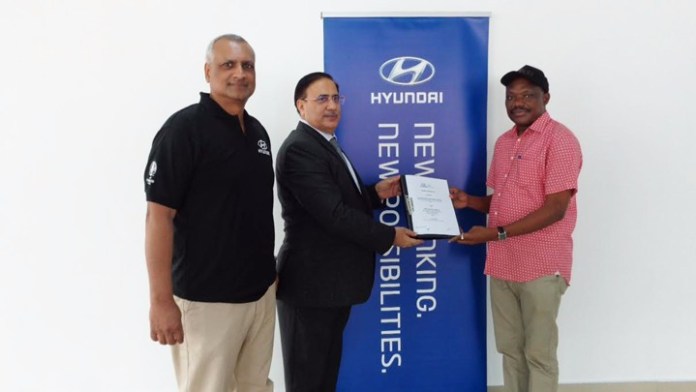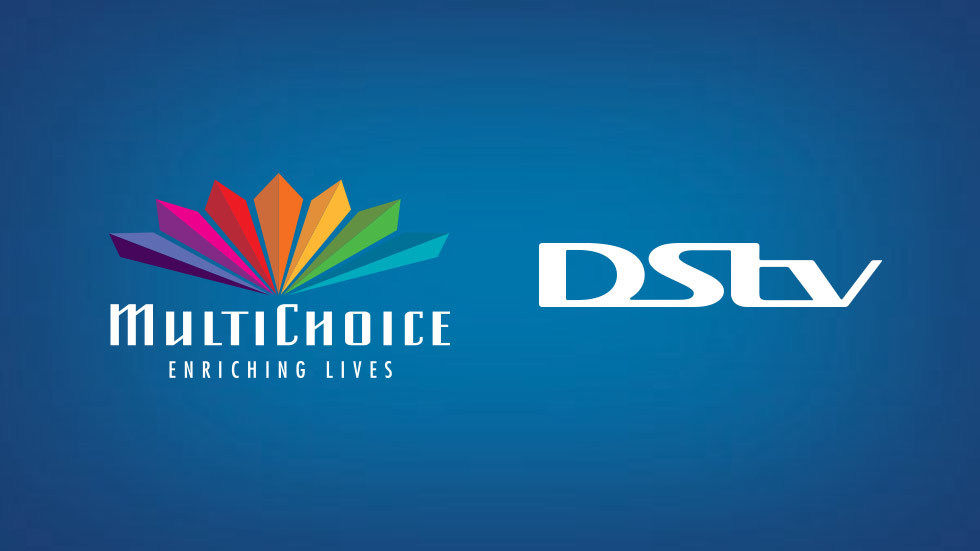Fintech companies across the country have been instructed to report all crypto trades to relevant authorities.
This directive comes amidst the recent freezing of 105 accounts across nine fintech firms suspected of various illegal activities, including unauthorized forex dealings, money laundering, and terrorism financing.
The Economic and Financial Crimes Commission (EFCC) obtained an interim court order on April 24, 2024, to freeze these accounts for 90 days as part of ongoing investigations.
Sources close to the matter suggest a connection between these freezes and heightened scrutiny of cryptocurrency transactions.
Following these regulatory actions, several prominent fintech players, including OPay, Moniepoint, PalmPay, and Kuda Bank, have been directed to suspend the opening of new accounts temporarily pending evaluations of their Know Your Customer (KYC) processes by the Central Bank of Nigeria (CBN).
The frozen accounts are part of a broader investigation by the EFCC into 1,146 bank accounts suspected of manipulating the foreign exchange market through cryptocurrency platforms.
The EFCC believes that some account owners exploited cryptocurrency platforms to manipulate the FX market.
In response to these developments, fintech firms have started implementing stringent measures against cryptocurrency transactions.
Moniepoint, for instance, notified its customers that it would close accounts engaged in crypto or virtual asset transactions and share their details with relevant authorities.
Similar warnings were issued by other fintech players like Paga and OPay, emphasizing their stance against crypto-related activities.
During a recent industry event, Tosin Eniolorunda, founder and CEO of Moniepoint, urged participants in crypto Peer-to-Peer (P2P) markets to cease their activities due to regulatory prohibitions.
He highlighted the risks associated with engaging in such activities, citing potential legal repercussions.
Eniolorunda linked the recent regulatory actions to the prevalence of fraud in fintech apps and emphasized the renewed focus on KYC and Anti-Money Laundering (AML) measures.
He alleged that some P2P crypto activities contributed to the manipulation of the Nigerian currency, the naira, prompting regulatory intervention.
This latest directive underscores Nigeria’s broader crackdown on cryptocurrency platforms, particularly Binance, which began earlier in 2024.
The government has expressed concerns about the role of crypto platforms in currency speculation and their impact on the devaluation of the naira.
This regulatory tightening reflects the government’s efforts to maintain financial stability and curb illicit financial activities in the country.


 Naira4 weeks ago
Naira4 weeks ago
 Billionaire Watch4 weeks ago
Billionaire Watch4 weeks ago



 Naira4 weeks ago
Naira4 weeks ago






 Naira4 weeks ago
Naira4 weeks ago


 Naira3 weeks ago
Naira3 weeks ago






 Naira3 weeks ago
Naira3 weeks ago
 Economy4 weeks ago
Economy4 weeks ago


 Naira3 weeks ago
Naira3 weeks ago





















